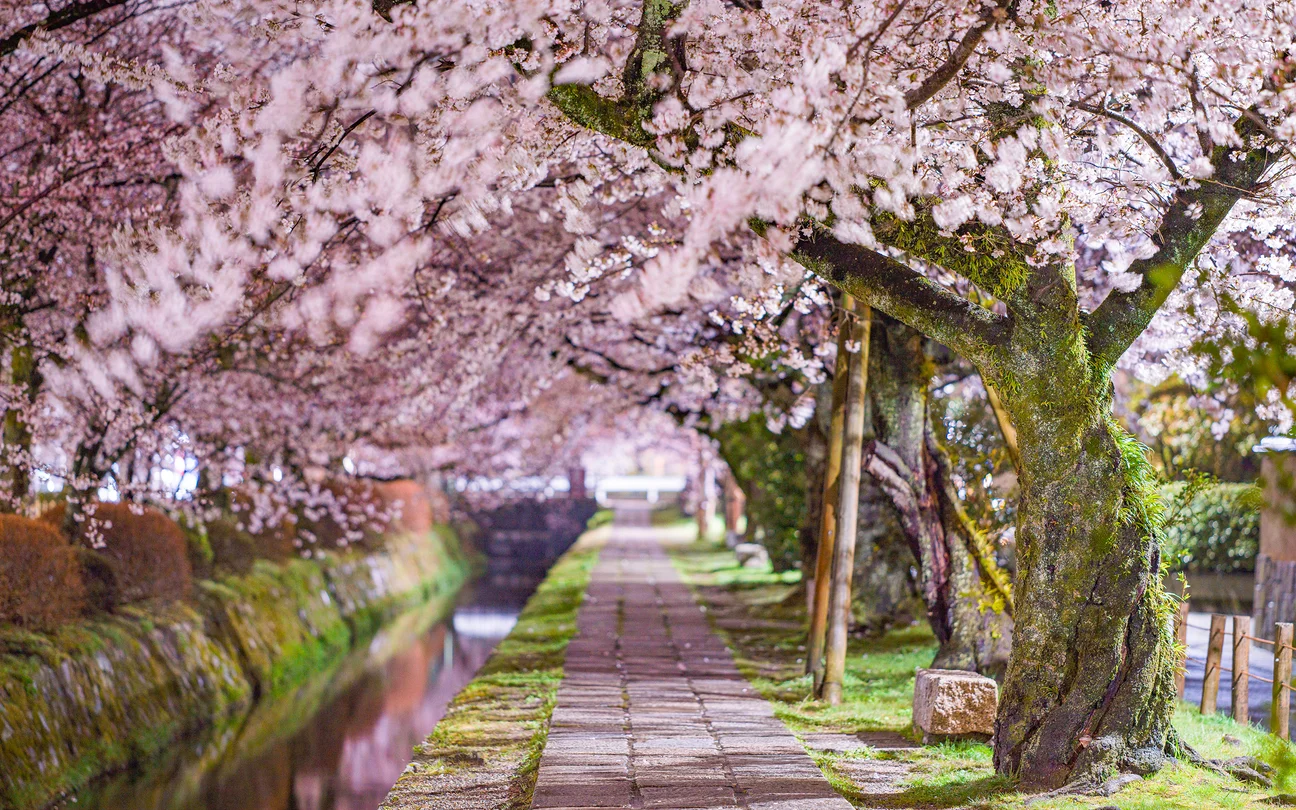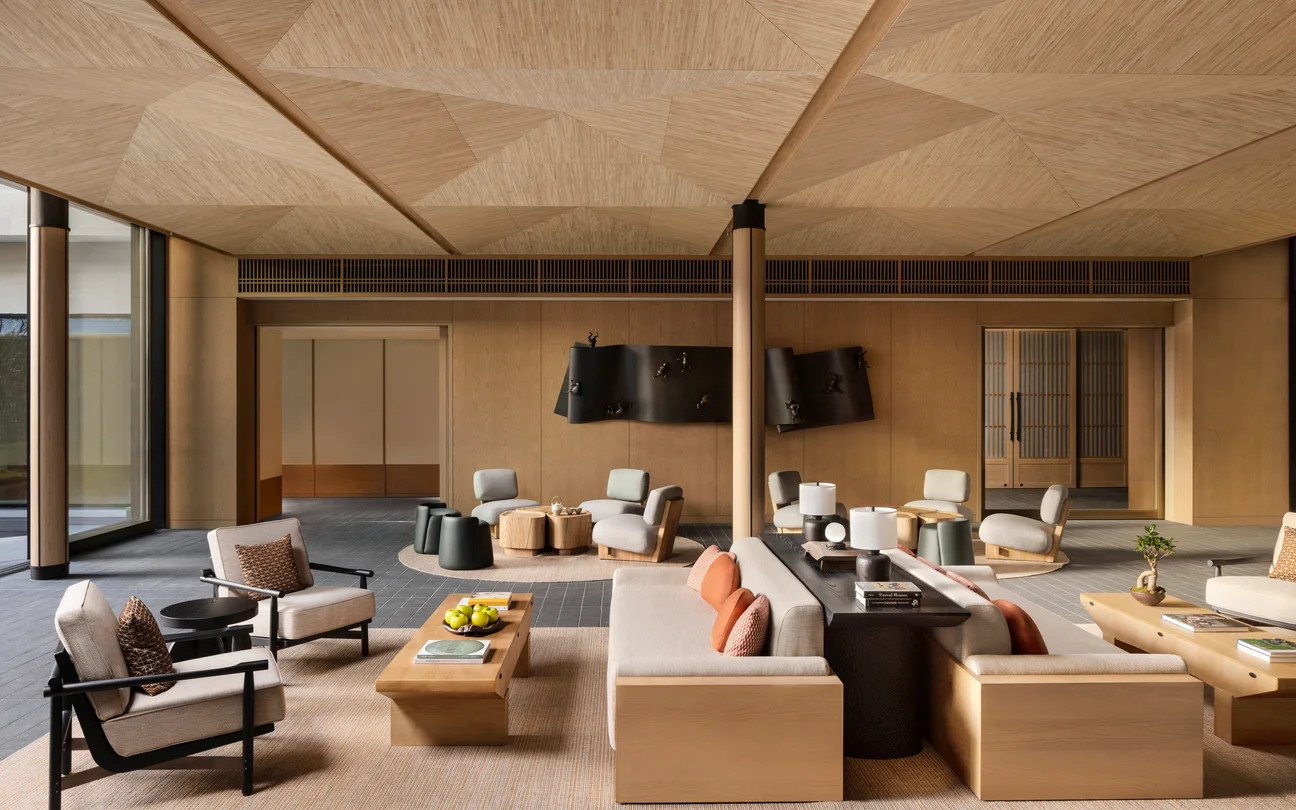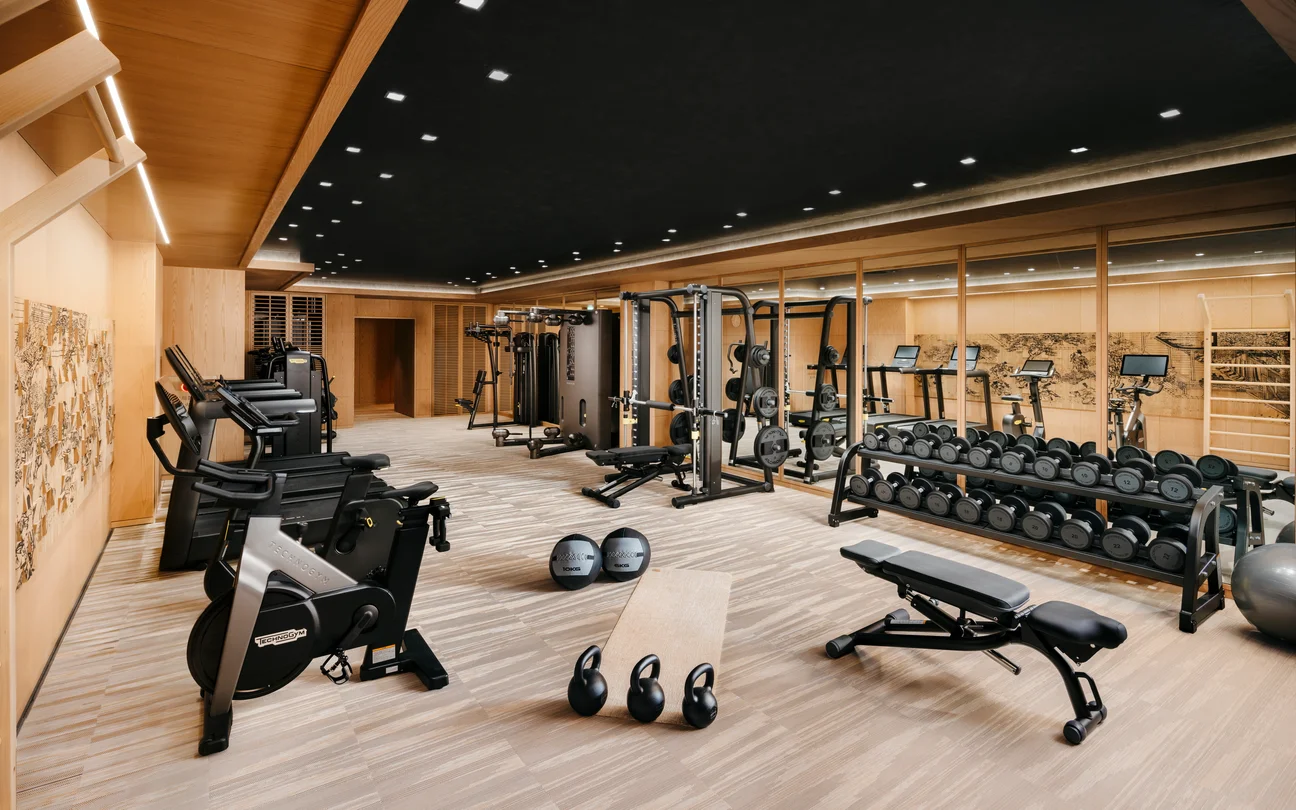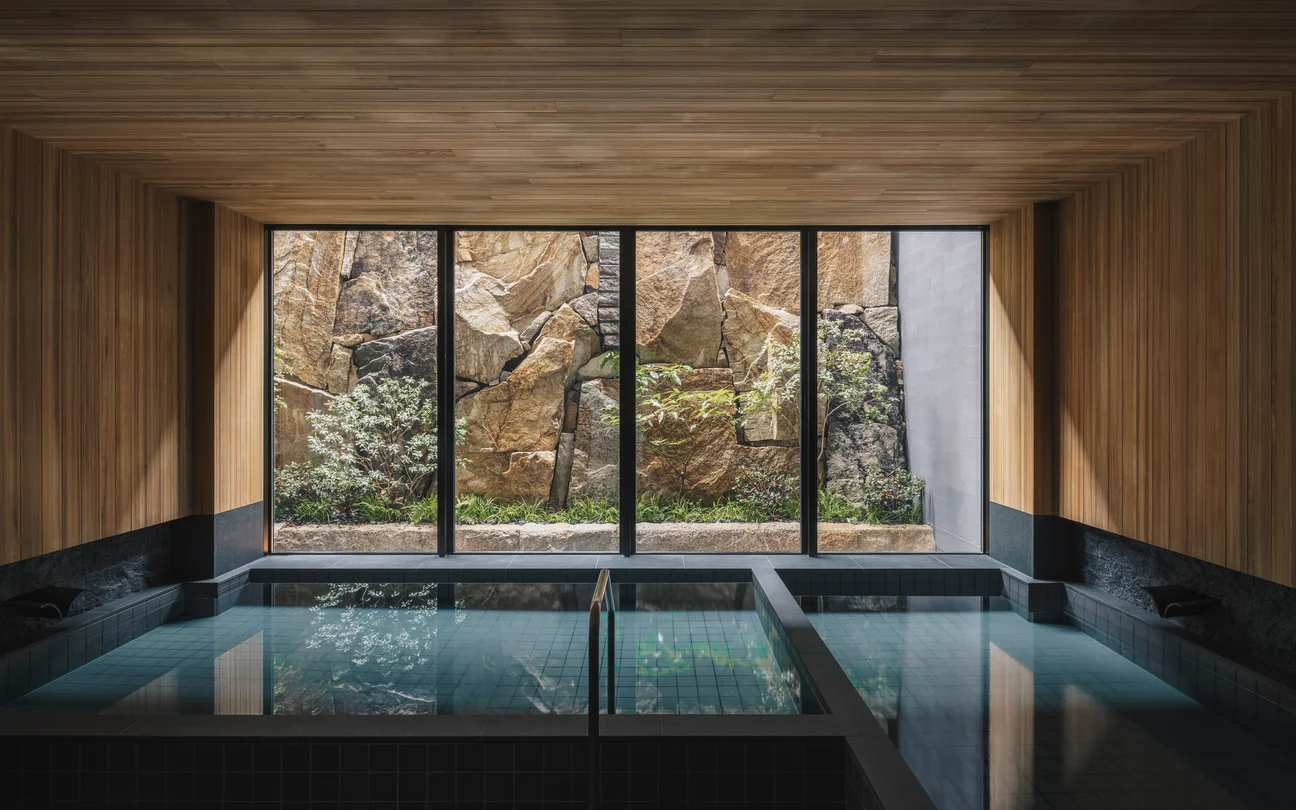Japan – A unique journey of reconnection
Six Senses Kyoto opens its doors, marking the brand’s entry into Japan and an exciting new addition to its flourishing urban collection. Conveniently situated among the iconic heritage shrines and palaces within the ancient capital, Six Senses Kyoto invites guests to both an epicenter and an escape, to enjoy holistic wellness, signature sustainability and out-of-the-ordinary experiences.

Six Senses Kyoto marks a historic milestone of taking the Six Senses brand into new frontiers, while continuing to enrich IHG’s luxury and lifestyle portfolio – now the second largest in the world.

A Tribute to Kyoto’s Golden Age
The hotel’s design draws inspiration from the Heian period (794-1185), when Heian-kyo (now Kyoto) was the capital of Japan, considered by many the golden age of art and culture that gave birth to “Miyabi” (courtly elegance) concept. This heritage is reflected in the hotel’s modern interpretation, incorporating elements of traditional arts to create a unique and elegant ambiance. The lobby artwork sets the tone with a folding screen featuring 504 hand-crafted Kyoto-made Rakuyaki tiles. These symbolize the silhouette of the sacred Mount Kurama, one of the legendary settings of the Tale of Genji and the birthplace of Reiki healing. Opposite the folding screen is a whimsical art piece which is a modern take on “Chōjū-giga” (Scrolls of Frolicking Animals), believed to be the very first manga (Japanese graphic novels) in the nation’s history.
The contrasting artwork sets the stage for the hotel’s blend of history, artistry, playfulness and emotional hospitality. The hotel’s biophilic design, evident in the usage of wood and natural materials, along with meandering paths through inner Japanese gardens, further connects guests with nature.

Sanctuary of Tranquility and Rejuvenation
The design narrative extends to the 81 guest rooms and suites, offering a sanctuary for contemplation. Specialty suites, from the Premier Suite Garden with a private Japanese courtyard to the 238 square-meter Three Bedroom Penthouse Suite, offer extended space for reconnection. All bedrooms feature Sleep With Six Senses, promoting peaceful slumber through bespoke organic mattresses, temperature regulating pillows, duvets, and organic cotton sheets. For those seeking to further optimize their zzz, sleep aids and programs are also available, through personalized sleep consultation that integrates insights from guests’ sleep tracker combined with soothing treatments, nutritional guidance, and low intensity training.

Holistic Wellness Journey: Fusion of Tradition and Science
Inspired by Kyoto’s Zen philosophy, Six Senses Spa integrates traditional healing techniques with modern science. Guests can begin their journey with a signature Wellness Screening, which analyzes key health biomarkers in minutes, allowing Wellness Practitioners to make personalized recommendations tailored to individual needs and goals.
Highlights include the Kyoto-exclusive Ah-un treatment, which symbolizes the pursuit of inner peace, balance, and awakening in Zen through a series of rituals and harmonizing body and sound therapies. Watsu (aquatic bodywork) relieves any tension of the body and the mind through hydrotherapeutic moves and stretches in the city’s only dedicated pool for the treatment.
Those looking for smart solutions to aid recovery from their travels, the adjacent Biohack Recovery Lounge is equipped with state-of-the-art recovery devices such as compression therapy.
Six Senses Spa Kyoto also offers integrated wellness programs ranging from a half-day to six days for both hotel guests and external visitors, with a focus on Sleep, Detox, Yoga, and Fitness.

Culinary Journey Through Japan’s 24 Seasons
Guided by the Eat With Six Senses ethos, the hotel’s food and beverage offering take guests on a journey through the ancient Japanese calendar. Sekki, the all-day dining restaurant, features hyper-seasonal weekly menus and drinks inspired by Japan’s 24 solar terms. Executive Chef Hiroki Shishikura’s close relationships with local farmers and producers ensure first-hand access to seasonal produce. The menu highlights a veg-forward lineup celebrating artisanal local and sustainable ingredients, complemented by a carefully sourced meat and seafood selection. The nose-to-tail and root-to-stem cooking principles ensure all menus are as flavorful as they are sustainable.
As Chef Hiroki explains, “Seasonality is a key concept in our culture that we celebrate through traditional events, nature, and food. We show appreciation for what nature gives us and, as an island country, we are blessed with an abundance of produce throughout the year. We incorporate this concept into our menu by working with local producers and artisans to provide ultra-seasonal produce that varies week-by-week. So, every time you visit Sekki, there’s always a moment of discovery and surprise in the dining experience.”
The hotel’s inauguration aligns with Japan’s ‘Grain Rain’ solar season, marking the shift from spring to summer, observable through the gentle transition from delicate leafy greens and mountain vegetables to vibrant, robust and hearty produce such as summer strawberries.
The adjacent Café Sekki boasts a selection of fresh brews, craft teas, homemade kombucha, healthy juices, and guilt-free sweets and pastries using only natural ingredients and traditional fermentation techniques. Nine Tails, the speakeasy cocktail bar, offers evocative spirited creations alongside thoughtfully designed non-alcoholic options crafted from artisanal condiments and homemade syrup and cordials.

Sustainability and the Community
Sustainability remains the core of the hotel’s values and operations and is clear from the eco-centric design and construction to operational practices and local contributions. Guests can join a sustainability tour, explore interactive workshops at the Earth Lab, or create natural body products at the Alchemy Bar, all designed to foster a deeper understanding and connection with local culture and sustainable practices.
The dedicated Sustainability Fund supported by 0.5 percent of the hotel’s revenue is in place that will support locally based organizations, Biotope Network Kyoto and Council for Kyoto Traditional Forest Culture, in regenerating, conserving, and educating younger generations on forestry revitalization and its cultural value.





